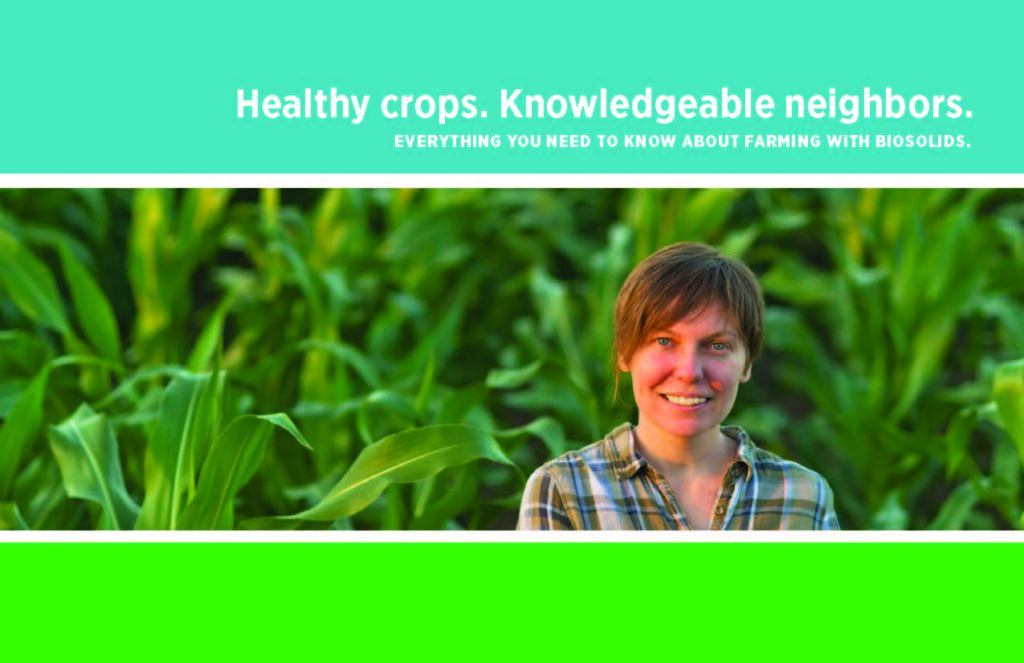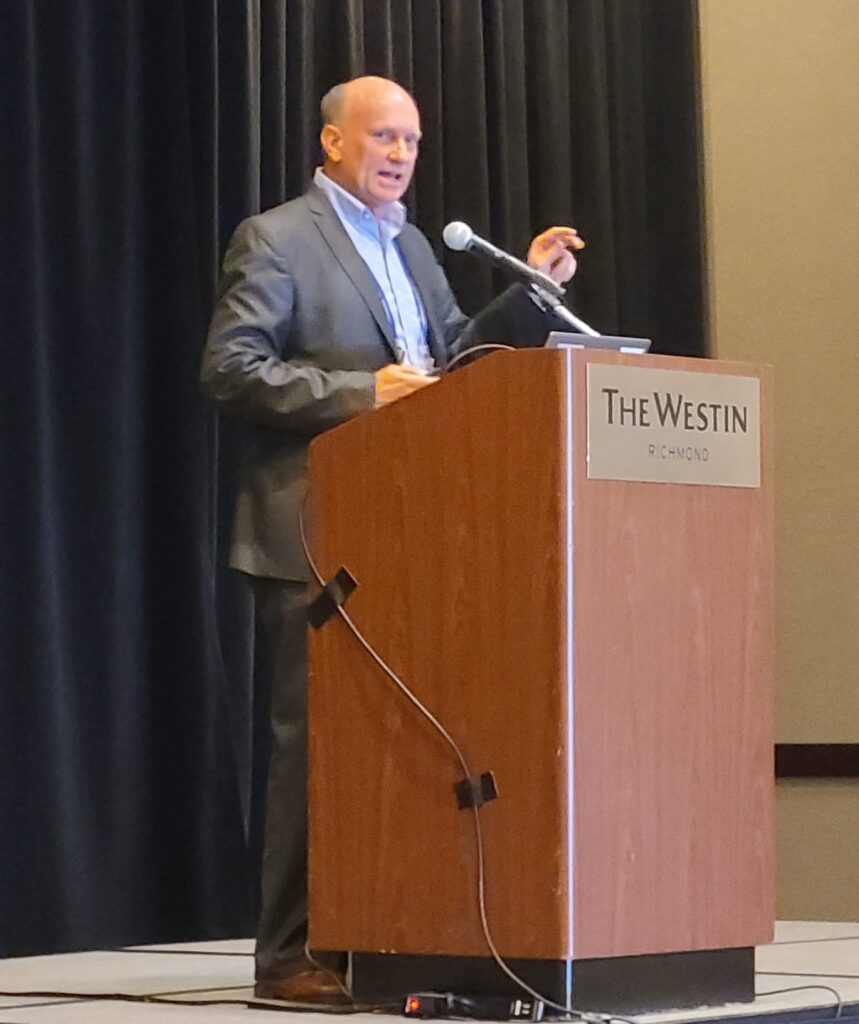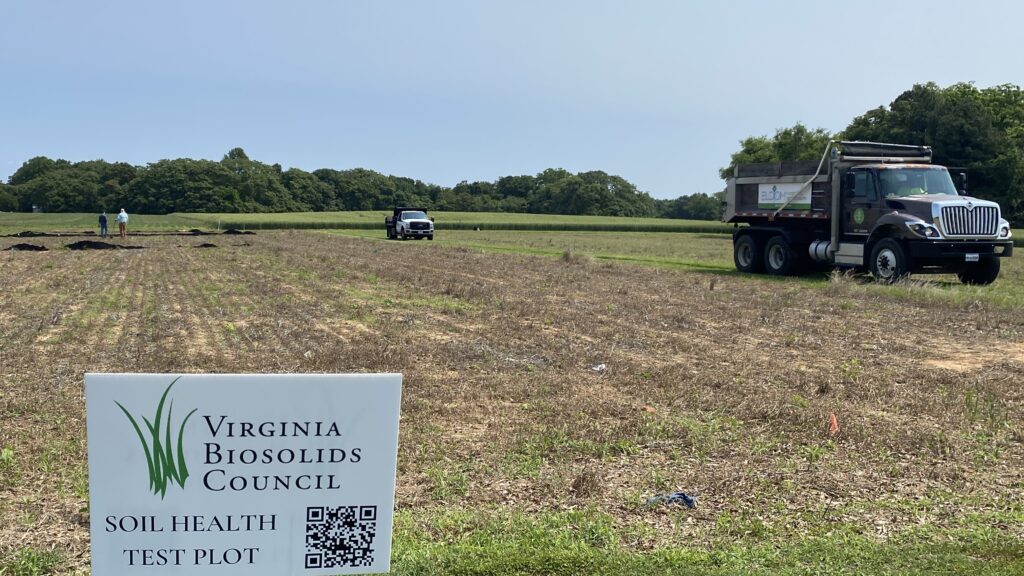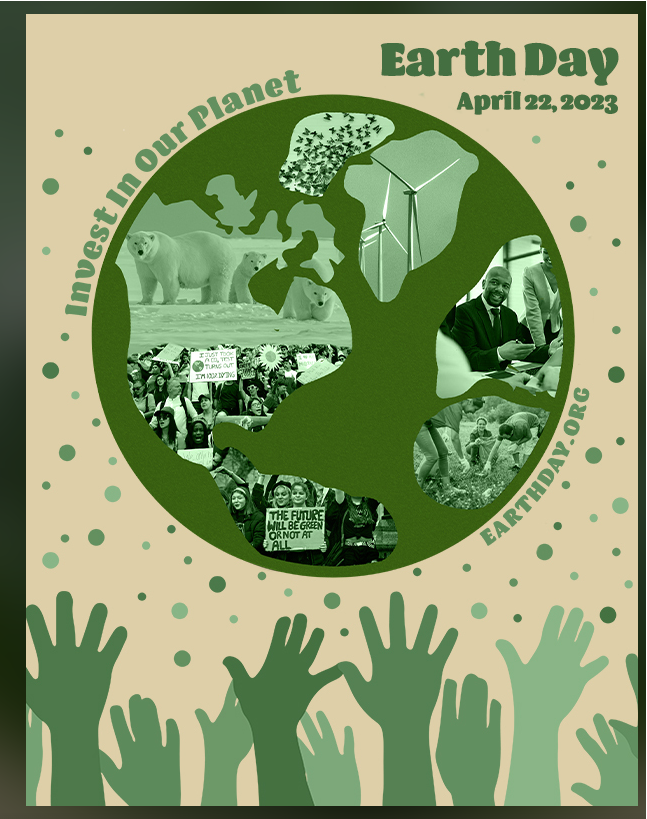Biosolids Recycling Featured at VA State Fair Exhibit
After Tropical Storm Ophelia swirled through the fairgrounds leaving some serious mud in her wake, crowds came out in full force to enjoy Virginia’s State Fair, Your Fair, Your Way, offering agricultural attractions along with classic rides, foods, and competitions for all. VBC creatively demonstrated the benefits of recycling biosolids by allowing the young and […]



